Henry Knox, America’s First Secretary of War
After the American Revolution, General Henry Knox resigned his army commission and served as Secretary of War from 1785 to 1795. Knox’s ten-year span in that office is longer than other Secretary of War/Defense in our nation’s history.
When Knox began his term on March 8, 1785, this critical post had been vacant for sixteen months. Many early leaders in Congress were nervous about a standing army so they refused to appoint anyone to this office. Moreover, after Congress practically dissolved the Continental Army in 1783, there were only about 700 men in the army to protect the new nation.
This small group was responsible for roughly 375,000 square miles with a hostile European nation to the north (English Canada) and the south (Spanish Florida) and numerous tribes of Native Americans just over the Appalachians. Out of this virtually non-existent War Department, Knox worked to craft a strong base for our nation’s defenses.
Realizing a large standing army was not something Congress would approve, Knox focused on strengthening the militia. In 1786, Knox submitted to Congress his “Plan for the General Arrangement of the Militia” which outlined how to create a formidable fighting force of 325,000 men using just state militias.
In 1789, the new Constitutional government finally had the authority to organize and fund a standing federal army. Consequently, Knox created the Legion of the United States, the precursor to today’s Army. President George Washington, at Secretary Knox’s recommendation, named Major General Anthony Wayne its first commander.
When Knox took office, the United States also had no navy as the Continental Congress had disbanded it shortly after the American Revolution ended. In the late 1780s, pirates based in the Mediterranean began preying on American ships, capturing and enslaving the sailors. The rulers of several Barbary states demanded ransom payments which our cash strapped nation found it difficult to pay.
C. Myron Clark. “The USS Constitution.”
Then, with the outbreak of war between England and Revolutionary France in 1793, both of those countries began seizing our vessels as well. Unfortunately, without a navy, America could do little to protect its merchant fleet.
Consequently, a reluctant Congress finally authorized a navy to be built. Secretary of War Knox strongly supported the measure, and President Washington signed into law the Naval Act of 1794, creating the United States Navy. Thus, under his watch, Henry Knox oversaw the birth of both the United States Army and United States Navy.
Also in 1794, Congress passed a bill calling “for the erecting and repairing of Arsenals and Magazines.” Knox moved quickly and established the first federal armories, one in Springfield, Massachusetts (previously a state facility) and another in Harpers Ferry, Virginia. These facilities finally gave the nation the ability to meet its needs regarding military hardware and supplies.
Henry also recognized the need for a school where officers could be trained in the profession-of-arms. He recommended the establishment of a military academy at West Point, our nation’s primary fortress at the time. While Congress refused to act on his plan due to fears of a “military elite,” Knox’s plan was eventually adopted in 1802 by then-President Thomas Jefferson.
As Secretary of War, Knox was also responsible for all Indian affairs, both making treaties and overseeing conflicts. His overall philosophy regarding the Native Americans was that they should be viewed as sovereign nations and treated with respect.
During Knox’s tenure as Secretary of War, the United States engaged in two major Indian wars. One was the Chickamauga Wars with the Cherokee of western North Carolina which began in 1776 and was finally concluded with the Treaty of Tellico Blockhouse in 1794.
The other was the Northwest Indian War, lasting from 1785-1795, which included several campaigns to pacify the Miami and Shawnee tribes in the Northwest Territory. After two disastrous defeats at the hands of the Indians, Knox finally secured the peace when General Anthony Wayne won the Battle of Fallen Timbers on August 20, 1794.
Next week, we will talk about the legacy of Henry Knox. Until then, may your motto be “Ducit Amor Patriae”, Love of country leads me.

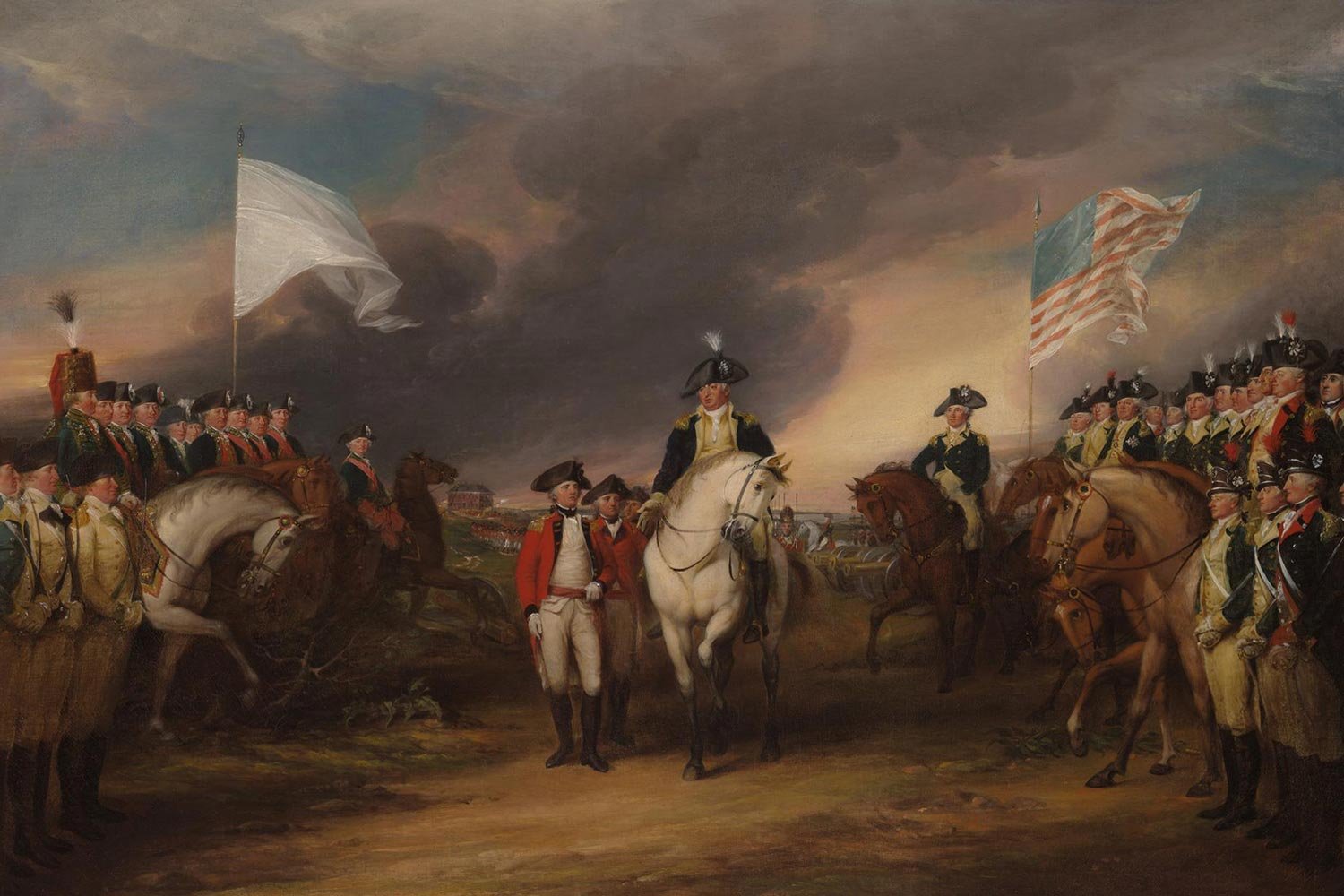
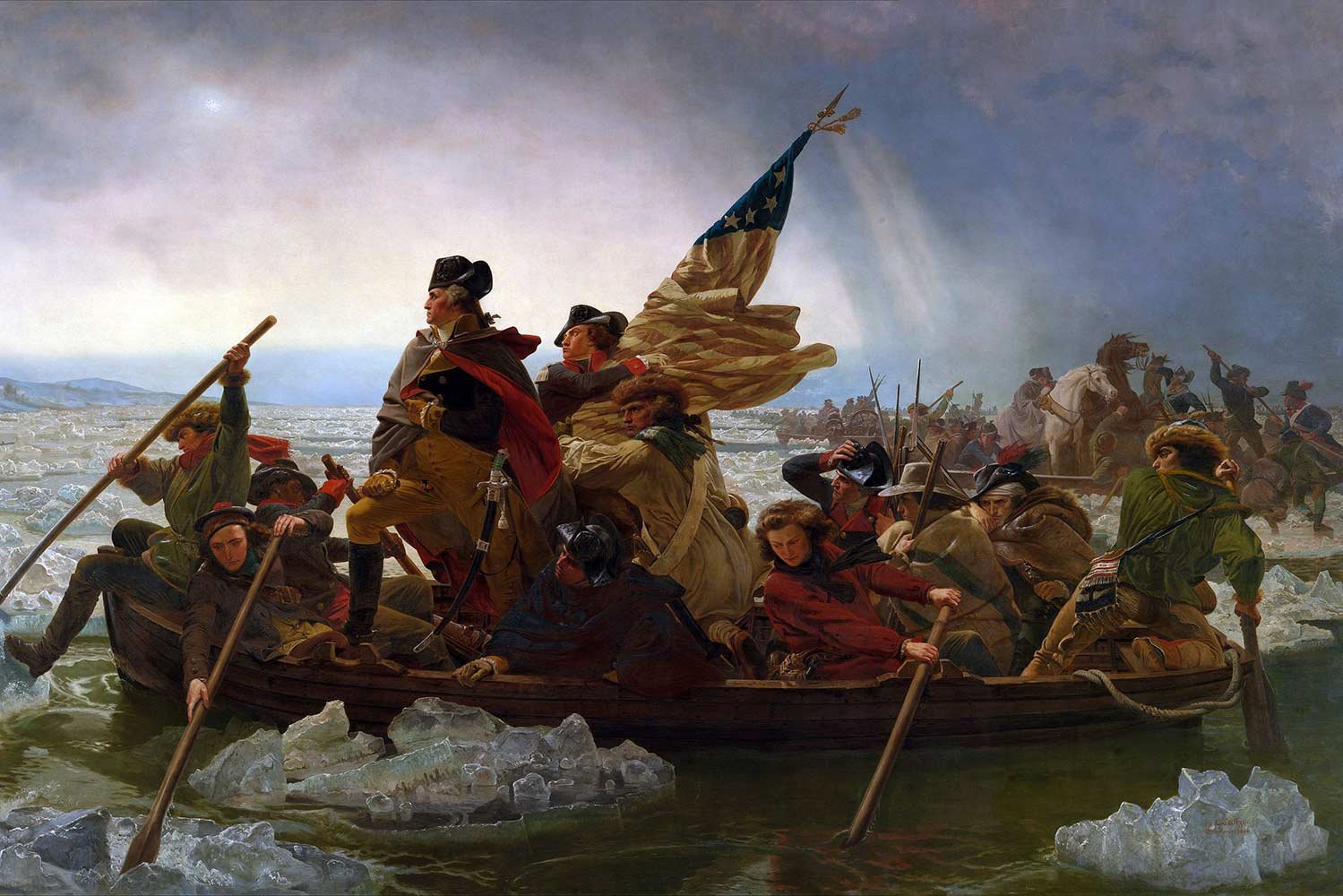
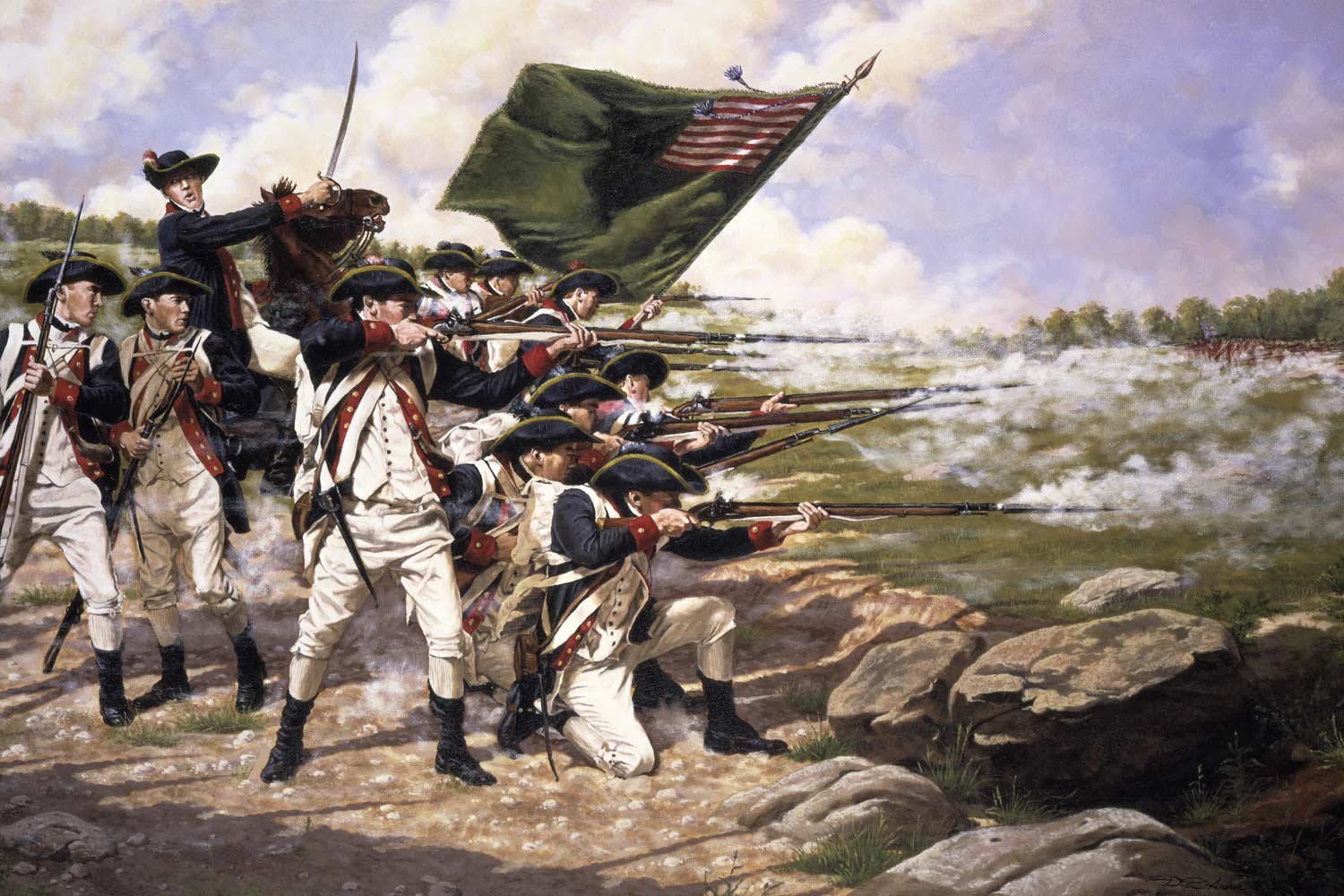
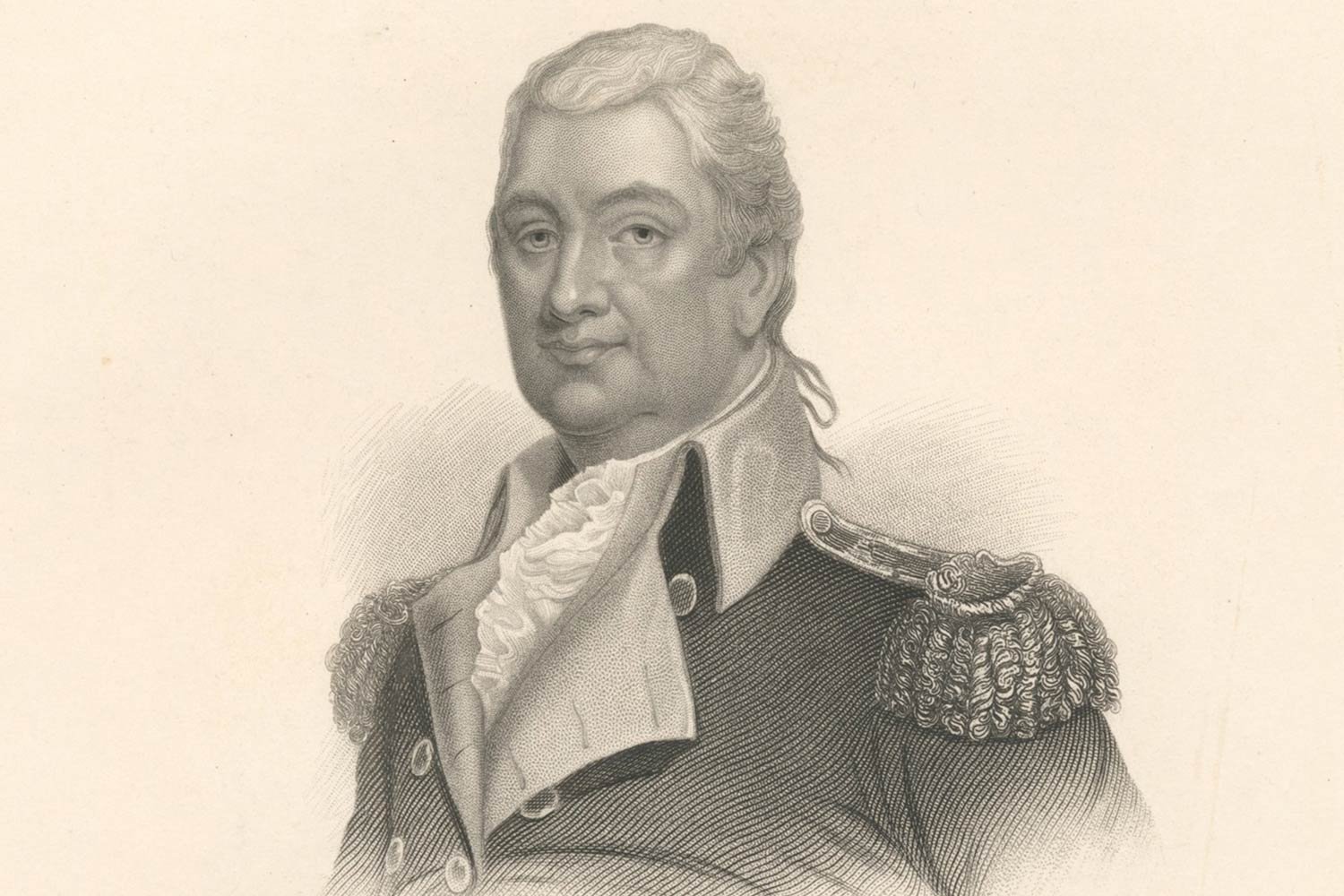
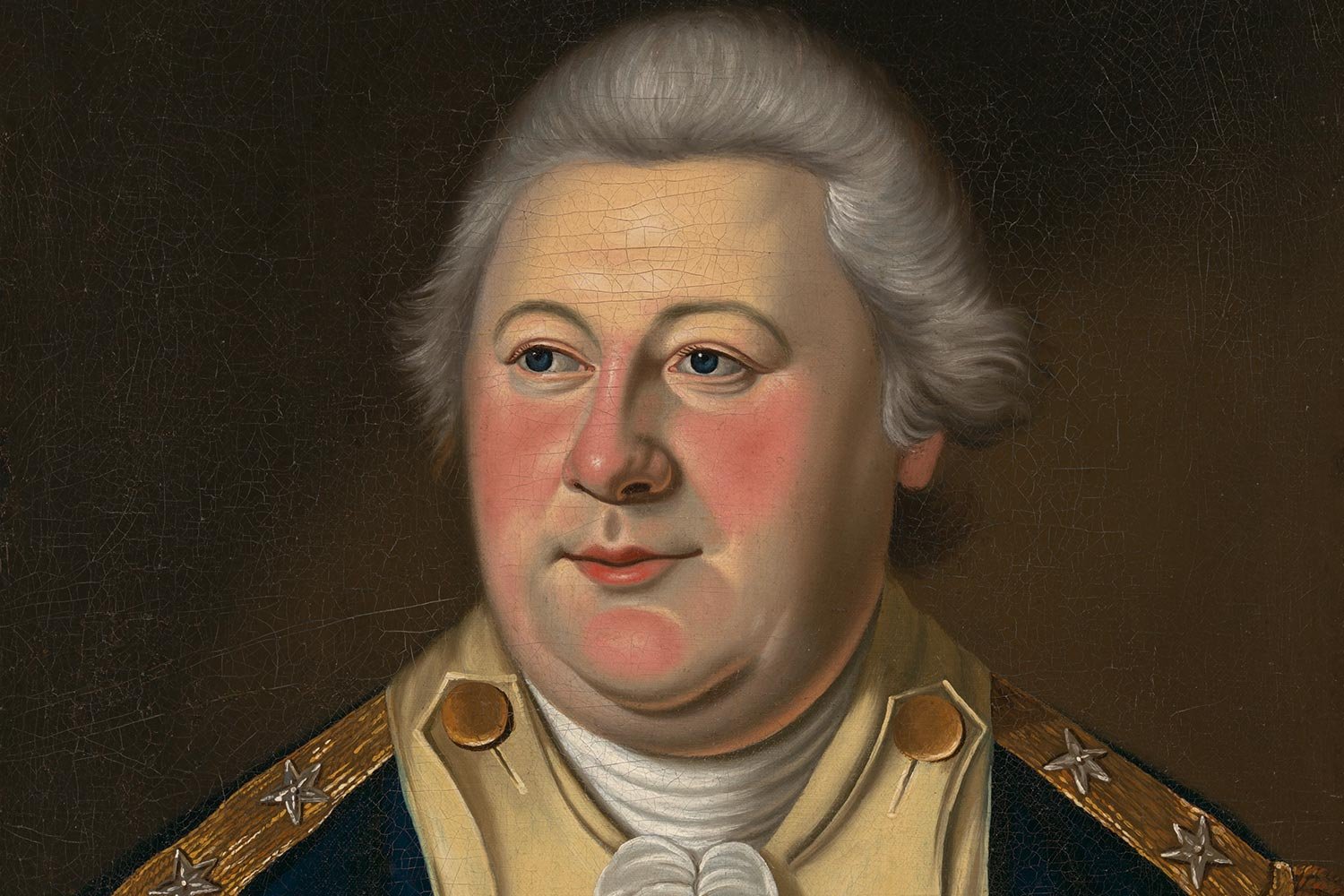
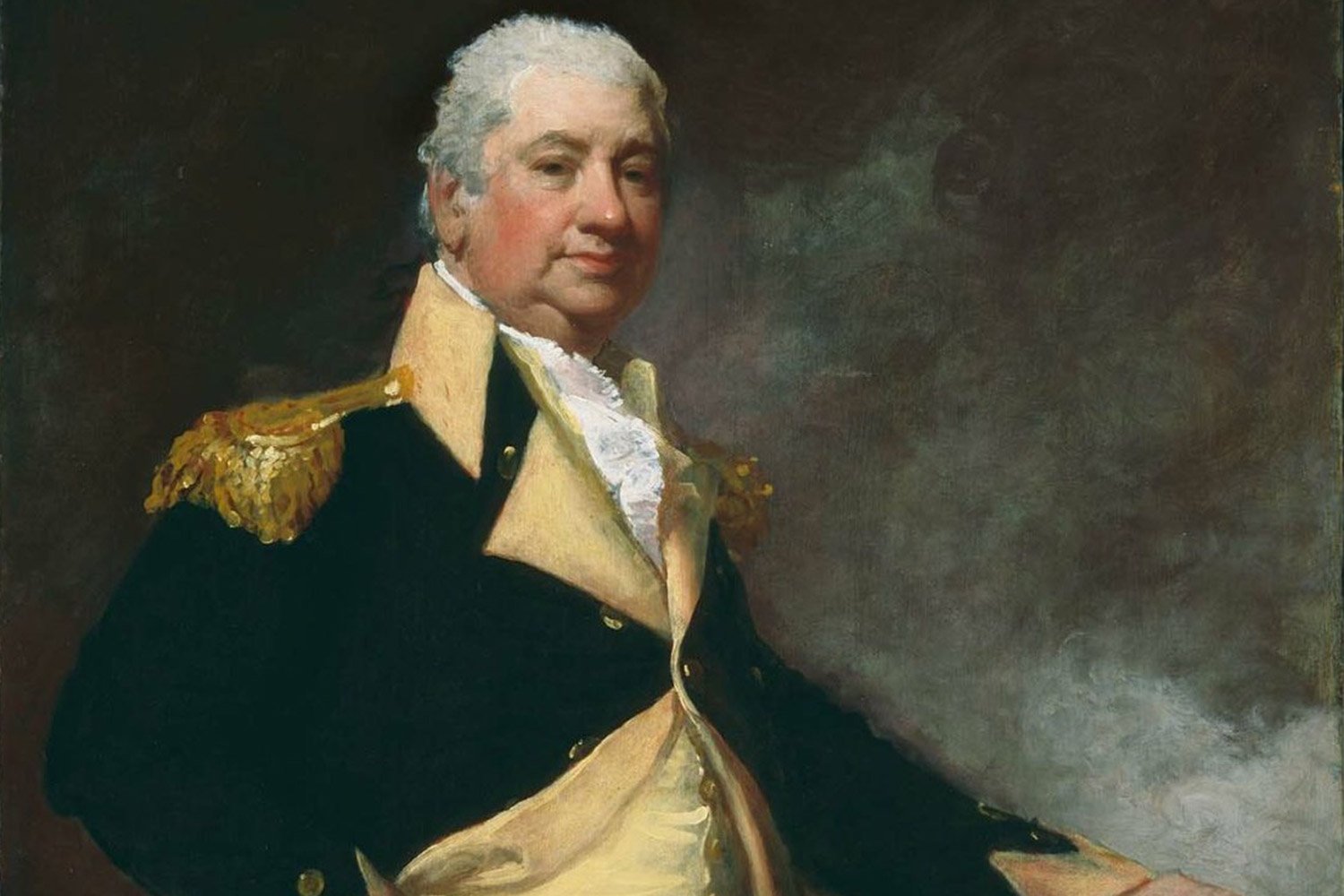
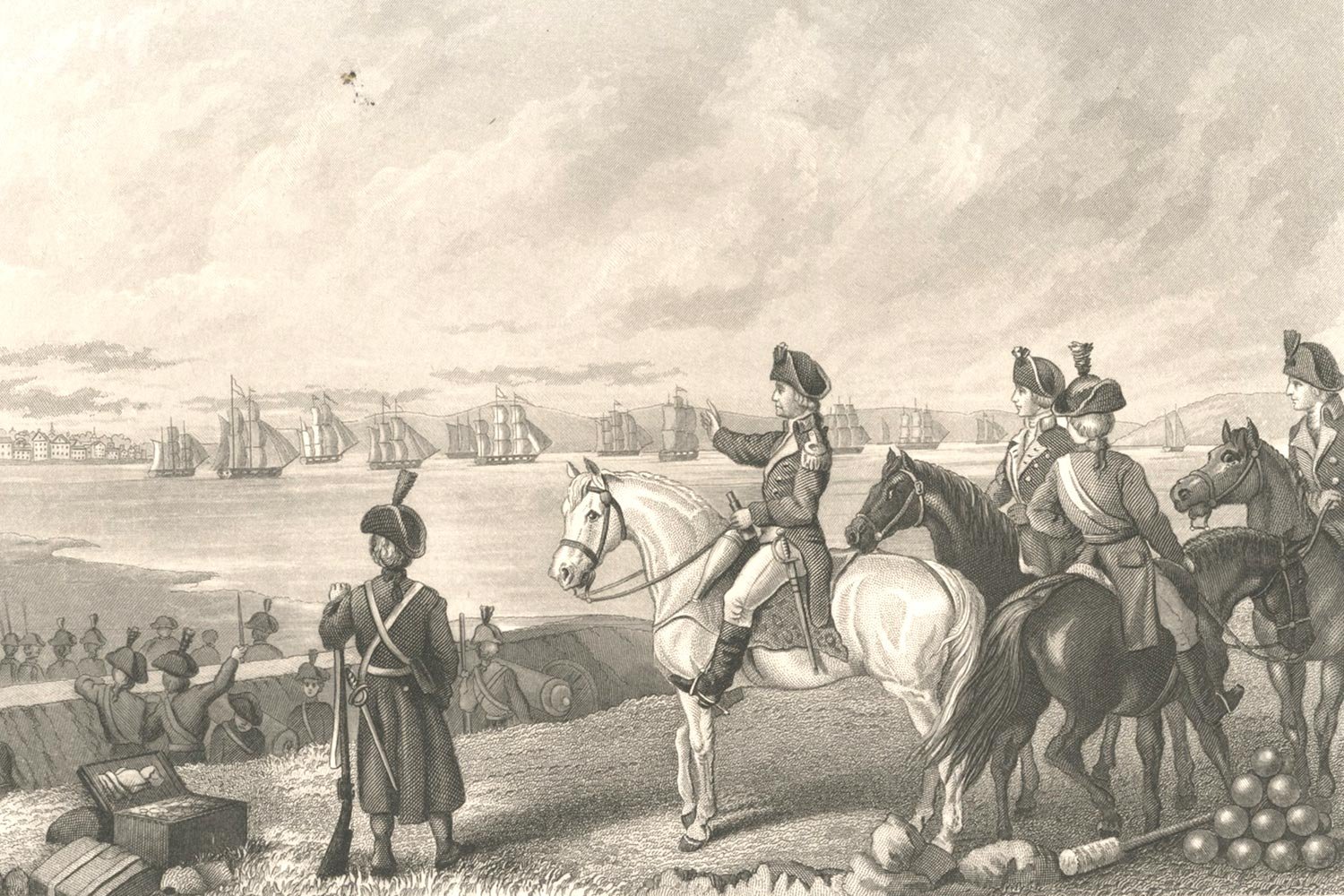
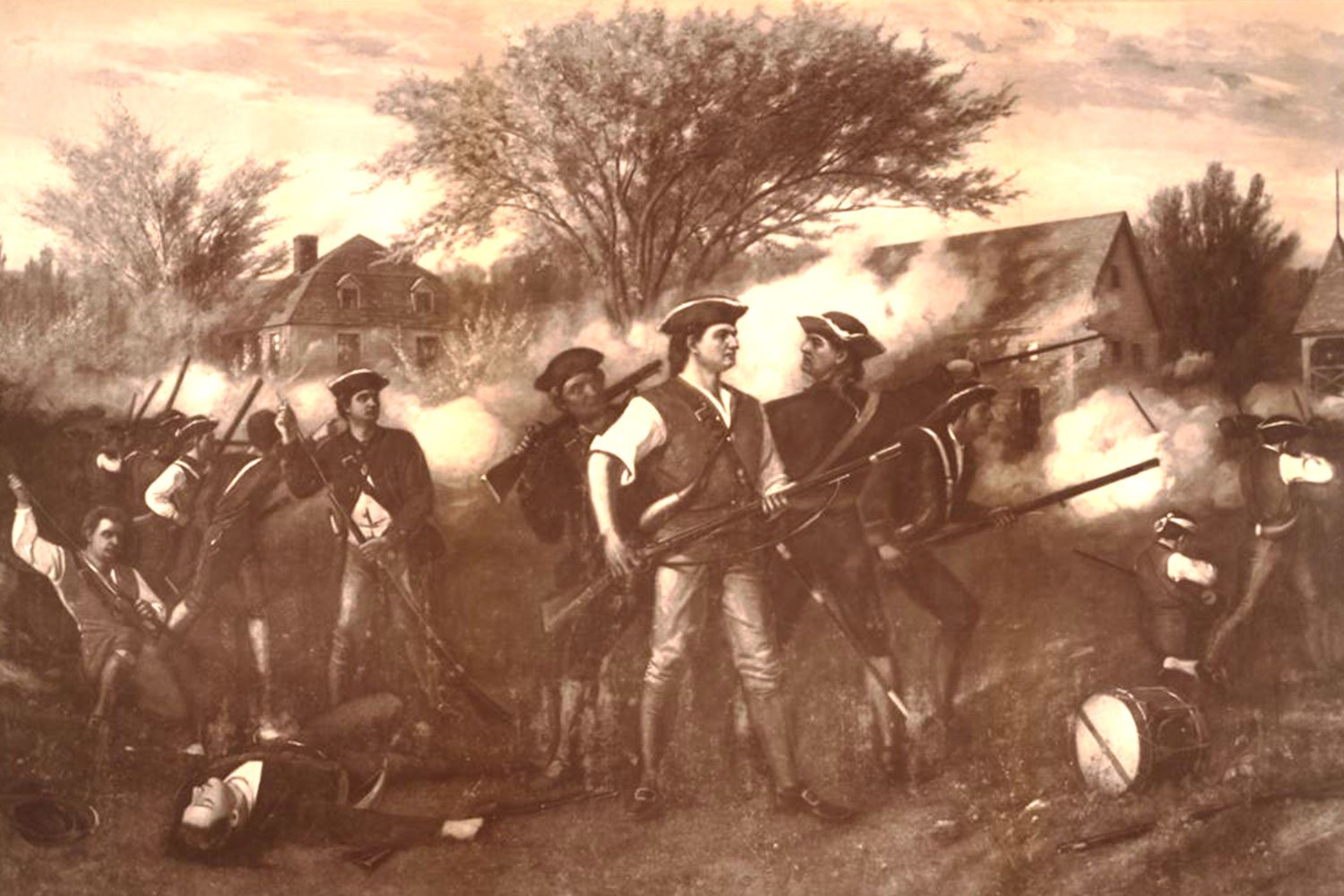
We take civilian control of the military for granted today in America. However, were it not for General George Washington’s actions and words in the so-called Newburgh Conspiracy, things might be quite a bit different.